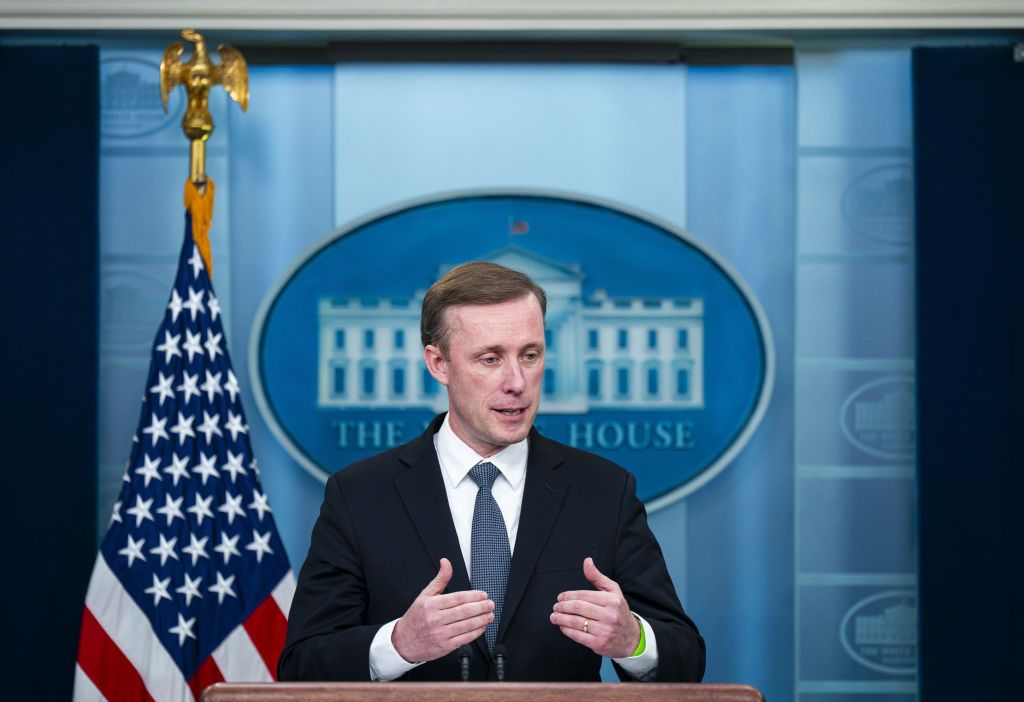Reuters: Threat of Russian space-based nuclear weapons remains low, analysts say

Russia is unlikely to deploy nuclear weapons in space but may be exploring other nuclear-powered space-based weapons with the potential capability of targeting satellites, Reuters reported on Feb. 15, citing a source in the U.S. government and arms control analysts.
The report came after Congressman Mike Turner raised concern on Feb. 14 after saying that a "serious national security threat" faced the U.S. Sources later disclosed that the threat was connected to an alleged Russian desire "to put a nuclear weapon into space."
The purported Russian space-based weapon is more likely to be a nuclear-powered device with electronic warfare capabilities that could be potentially used to target other satellites, sources told Reuters.
While the threat posed by such a potential weapon is of a less catastrophic nature than a nuclear device, it still has the capability to "cripple military and commercial communication," analysts said.
At the same time, U.S. Secretary of State Antony Blinken said on Feb. 15 that it is "not an active capability," echoing comments from American intelligence sources that the development does create an "urgent" threat to the U.S.
The Kremlin refuted the warning, saying it was a "malicious fabrication."
U.S. House Speaker Mike Johnson said on Feb. 15 that Congress has known about the potential threat for weeks and that the U.S. response should be "immediate."
"The United States can’t rely on other nations to handle matters like this. We must do it ourselves, and we will," Johnson said.
Placing nuclear weapons in space would be a direct violation of an arms treaty that all nuclear-armed states have been party to since the 1960s.
Non-nuclear anti-satellite weapons are not new and have been tested by many major powers, including Russia and the U.S.
Detonating a nuclear weapon in space would nonetheless be a significant escalation.
"The Russians have spent 40 years in the U.N. bashing America about wanting to weaponize space, and place weapons in space and pledging that they would never do it," said Brian Weeden, an analyst at the Secure World Foundation.
"If they do (detonate a nuclear device in space), they’d lose everything. All the countries that are supporting them on Ukraine and getting around sanctions, boom," he added.














